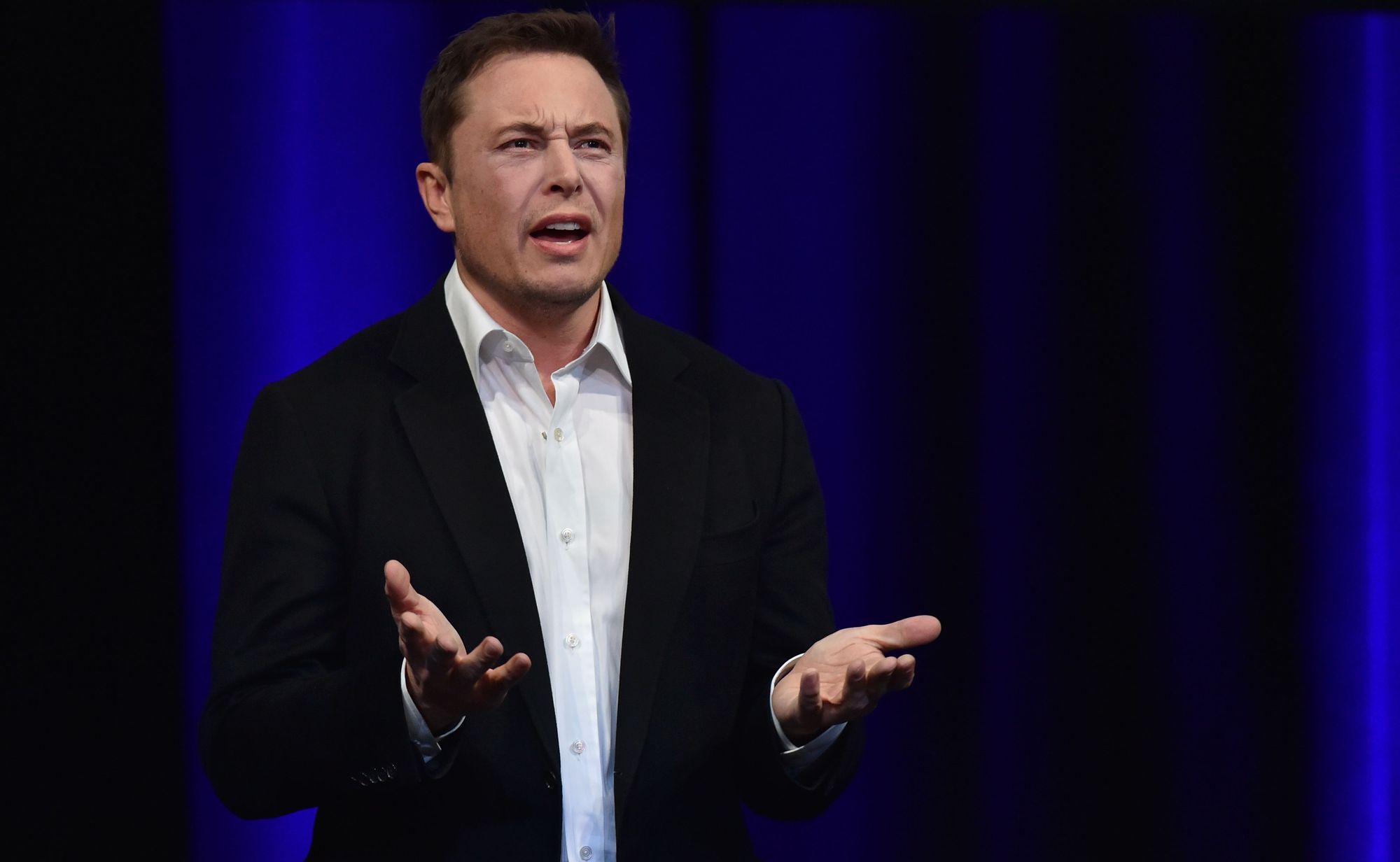Tesla Wreck Hack Blindsides Unsuspecting Model 3 Owners

Your crashed Tesla Model 3 likely contains a treasure trove of data, and hackers are licking their chops to get their hands on it. | Source: KTVU via AP
Your smartphone, your smartwatch, and your laptop are all probably recording your information. Big deal – you knew that already. But what you might not have known is that your Tesla Model 3 is also a veritable gold mine of personal information.
Tesla Wrecks are an Unexpected Hacker Gold Mine
A story broke recently of a “white hat hacker” who has been restoring wrecked Teslas and demonstrating just how much data is under the hood.
Phone contacts, addresses, and even crash videos were all salvageable from the car in question. But it’s not only a wrecked Tesla that is a worry. Any time you sync a device, the vehicle is holding onto and storing the data. That means when you rent one , the information is going to be there just the same as if it was your private vehicle.
Tesla is not alone in holding onto this data. Data collection is a lesser-known industry-wide issue. Vehicle “black boxes” have been an issue in US courts for some time, with many states enacting laws to prevent unfettered access to the details therein.
Elon Musk & Co. Blame Customers

Naturally, where there is a computer, there is someone on the other end trying to sell your data to someone. The reason Tesla is feeling the heat here is that they do keep a lot more info about your actual driving. Tech companies infringing on personal liberty is also a hot-button issue at the moment.
Here is Tesla’s spokesperson, addressing the issue of privacy in a statement to CNBC ,
“Tesla already offers options that customers can use to protect personal data stored on their car. Including a factory reset option for deleting personal data and restoring customized settings to factory defaults, and a Valet Mode for hiding personal data (among other functions) when giving their keys to a valet. That said, we are always committed to finding and improving upon the right balance between technical vehicle needs and the privacy of our customers.”
In other words, Tesla provides users with the ability to protect their data, but they either don’t know – or don’t care. Evidently, Elon Musk’s PR machine could do a better job of informing people of this fact, but it does seem that they have a system in place to deal with this issue.
Not Much Expectation of Privacy in a Wrecked Model 3
The debate over actual driving statistics rather than personal info is also raging. On one side, Tesla says that it helps to improve safety, while critics worry about its sale to third parties – not to mention that Tesla’s crash videos present a treasure trove to insurance companies and law enforcement.
There are many loopholes in laws which police could use to gain access. If you throw a letter into the trash, it is likely a court could rule you have given up your expectation of privacy . The same would go for a wrecked car that you forgot to factory reset.
Insurance companies, meanwhile, will be desperate to get a hold of your driving record, especially if you are suing them – or vice versa.
If there is one takeaway from all of this, it’s to make sure you reset your Tesla! This amount of media coverage means the nefarious will be circling scrapyards for your smashed-up Model 3 like vultures.
More bluntly: don’t expect any privacy if you can’t read a manual.